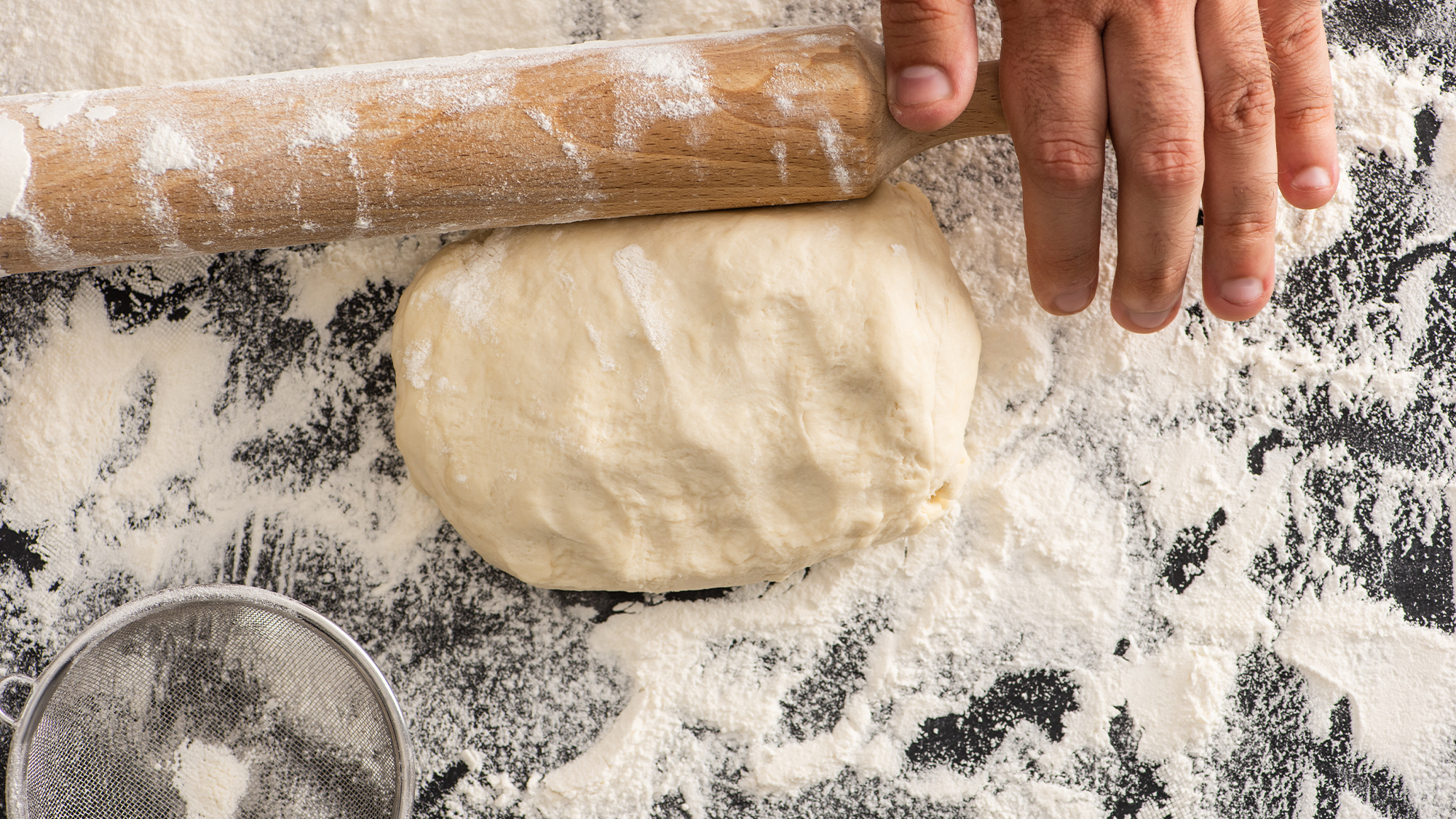

General Mills has voluntarily recalled select bags of Gold Medal flour due to possible salmonella contamination. The Food and Drug Administration (FDA) announced the recall on April 28 and covers two, five, and 10 pound bags of Gold Medal bleached and unbleached all-purpose flour with a “better if used by” date of March 27, 2024, or March 28, 2024.
[Related: How do you track a salmonella outbreak? A data journalist followed the DNA trail to slaughterhouses.]
Other types of Gold Medal flour are not affected by the recall. Still, General Mills advised consumers to check their pantries and throw out any flour covered in the recall. The current recall did not link the flour to any reports of illness, but salmonella was detected in a sample from the five pound product.
“We are continuing to educate consumers that flour is not a ‘ready to eat’ ingredient. Anything made with flour must be cooked or baked before eating,” General Mills spokesperson Mollie Wulff said in a statement to CNN.

While the recall has not linked General Mills flour to any reports of illness, the Centers for Disease Control and Prevention (CDC) has been investigating an 11-state salmonella outbreak. The majority of the 13 individuals sickened had reported eating raw batter or dough made with flour before getting sick. While most people infected recover, the most recent outbreak has resulted in three hospitalizations.
Salmonella is a bacterium that is found in the intestinal tracts of animals, and can be transferred to humans if animal feces enters into the food supply. It affects 1.35 million people each year, according to the CDC. Some symptoms of a salmonella infection include fever, stomach cramps, and diarrhea that can start within days of consuming the bacteria. Most people will recover with proper treatment, but consumers should seek medical treatment immediately if severe and persistent symptoms occur or there are signs of dehydration. Children under the age of five, those with weakened immune systems, and the elderly are more likely to have severe infections.
[Related: A salmonella outbreak has hit 37 states, and onions are to blame.]
According to both the FDA and CDC, consumers should not eat any raw products made with flour. Salmonella bacteria is killed by heat through baking, frying, sautéing, or boiling products that are made with flour, and people can get sick when eating food that constrain raw flour. Raw dough used in crafts homemade modeling dough can also pose the same risk.
To prevent illness, both agencies recommend thoroughly cleaning all surfaces, hands, and utensils with warm soapy water after contact with uncooked flour or dough. People with pets should be particularly mindful of avoiding cross contamination by cleaning out bowls and feeders frequently.
